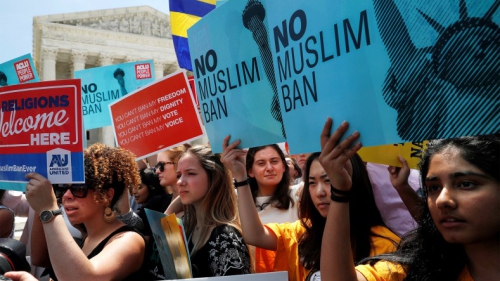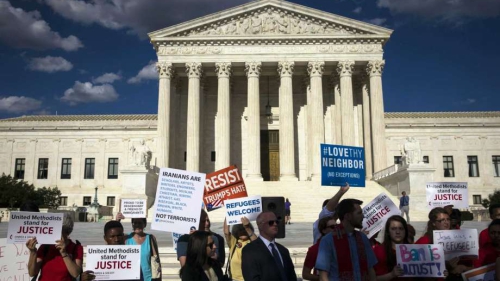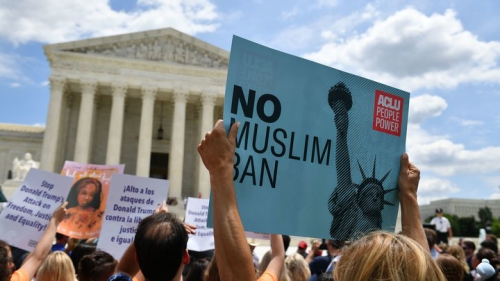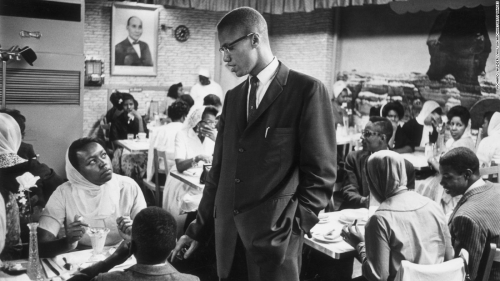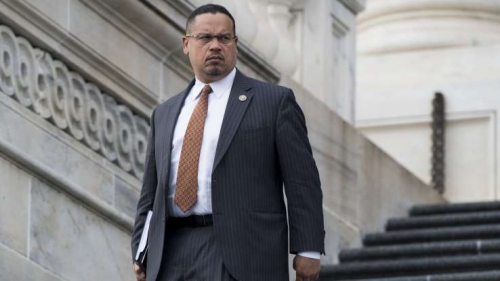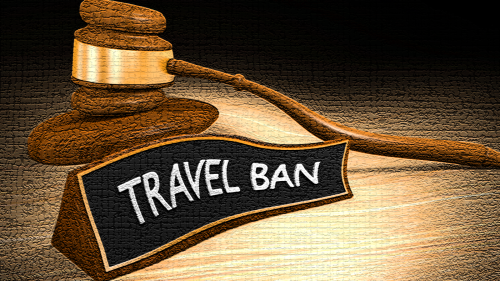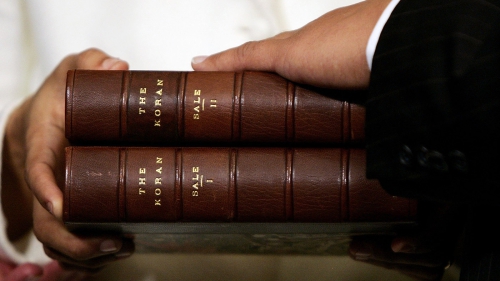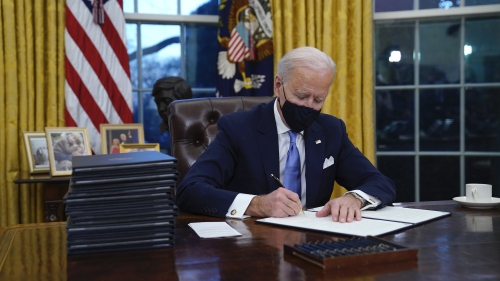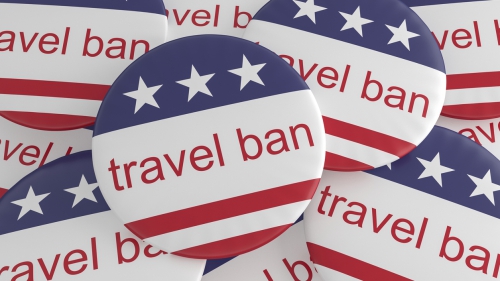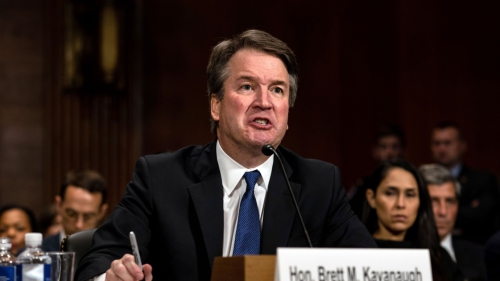Why The Supreme Court Kept Trump's Travel Ban In Place



The Supreme Court upheld the third version of President Trump’s travel ban today in a 5-4 split that split predictably along ideological lines. Their reasoning amounts to a huge statement on presidential power.
The ban they upheld was actually Trump's third attempt, which went into effect in December 2017, after protests and court rulings related to the first and second versions caused the administration to go through a few rewrites.
Chief Justice John Roberts wrote the majority opinion, ruling that Trump’s ban was lawful, in part, because he has “broad discretion… to suspend the entry of aliens into the United States.” A majority of the court also believed that the government proved that the ban was related to a “legitimate national security interest.”
The challenge to the ban, brought by the state of Hawaii, several individuals, and a Muslim advocacy group, pointed to President Trump’s retweets, and campaign promises specifically to bar Muslims from entering the United States as a reason why the ban was unconstitutional.
But Chief Justice Roberts addressed that too, saying that it wasn’t the court’s job to “denounce the President’s statements.”
Both the majority and the minority also considered whether this case resembled Korematsu v. United States, the World War II-era case that upheld the decision by the United States government to hold Japanese Americans in in internment camps.
In a scathing dissent, Justice Sonia Sotomayor wrote the majority “deploys the same dangerous logic” in the “name of a superficial claim of national security” as the court did in the Japanese internment case. But her dissent relies on the idea that the president’s previous statements about Muslims should be considered when deciding this case — and that’s not what the majority decided to do.
In fact, Roberts addressed Sotomayor’s dissent directly and wrote “Korematsu has nothing to do with this case.” He continued, “It is wholly inapt to liken that morally repugnant order to a facially neutral policy denying certain foreign nationals the privilege of admission.” But Roberts did take the opportunity to denounce the Korematsu decision calling it “gravely wrong.”
There was also a warning embedded in the decision. Justice Kennedy, who sided with the majority and upheld the ban, wrote:
The oath that all officials take to adhere to the Constitution is not confined to those spheres in which the Judiciary can correct or even comment upon what those officials say or do. Indeed, the very fact that an official may have broad discretion, discretion free from judicial scrutiny, makes it all the more imperative for him or her to adhere to the Constitution and to its meaning and its promise.
He added that an “anxious world” needs that commitment. It’s hard not to see Kennedy’s statement as message intended for the president.
Topics: Muslim Ban, Supreme Court Of The United States
Views:1029
Related Suggestions
In accordance with Title 17 U.S.C. Section 107, and such (and all) material on this site is distributed without profit to those who have expressed a prior interest in receiving the included information for research and educational purposes.



